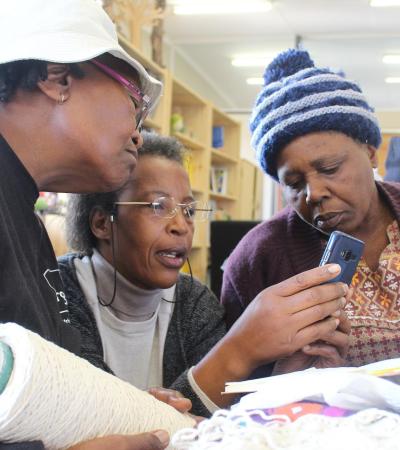Social Mobility in South Africa: What We Know and Why this is Important

Murray Leibbrandt
National Research Foundation Chair in Poverty and Inequality Research, School of Economics, University of Cape Town.
Director, African Centre of Excellence for Inequality Research, African Research Universities Alliance
This presentation will start by briefly reviewing findings from a small literature on intragenerational mobility over the thirty years of post-apartheid South Africa. This provides long-run metrics of the state of the nation. National panel data is then used to look more carefully into the intra-generational mobility (or lack thereof) that continues to drive stratification across the society. The work is particularly useful in showing the precariousness of life for a far larger share of South Africans than those who are formally poor in any time period. However, it is less useful in understanding mobility within the stable middle class and the elite. To understand dynamics within these groups, we use tax data to study mobility at the top-end of the income distribution, and provide additional evidence to illuminates the roles of social and cultural capital alongside economic capital. The endeavour is to understand the livelihoods of all in contemporary South Africa and we conclude by arguing for the importance of such a perspective and such knowledge for key contemporary policy discussions in South Africa and more broadly.
Murray Leibbrandt is a professor in the School of Economics at the University of Cape Town and the director of the Southern Africa Labour and Development Research Unit (SALDRU). He holds the DST-NRF National Research Chair of Poverty and Inequality Research and is an IZA Research Fellow. His research focuses on South African poverty, inequality, and labor market dynamics using survey data and, in particular, panel data. He has a PhD in economics from the University of Notre Dame.





